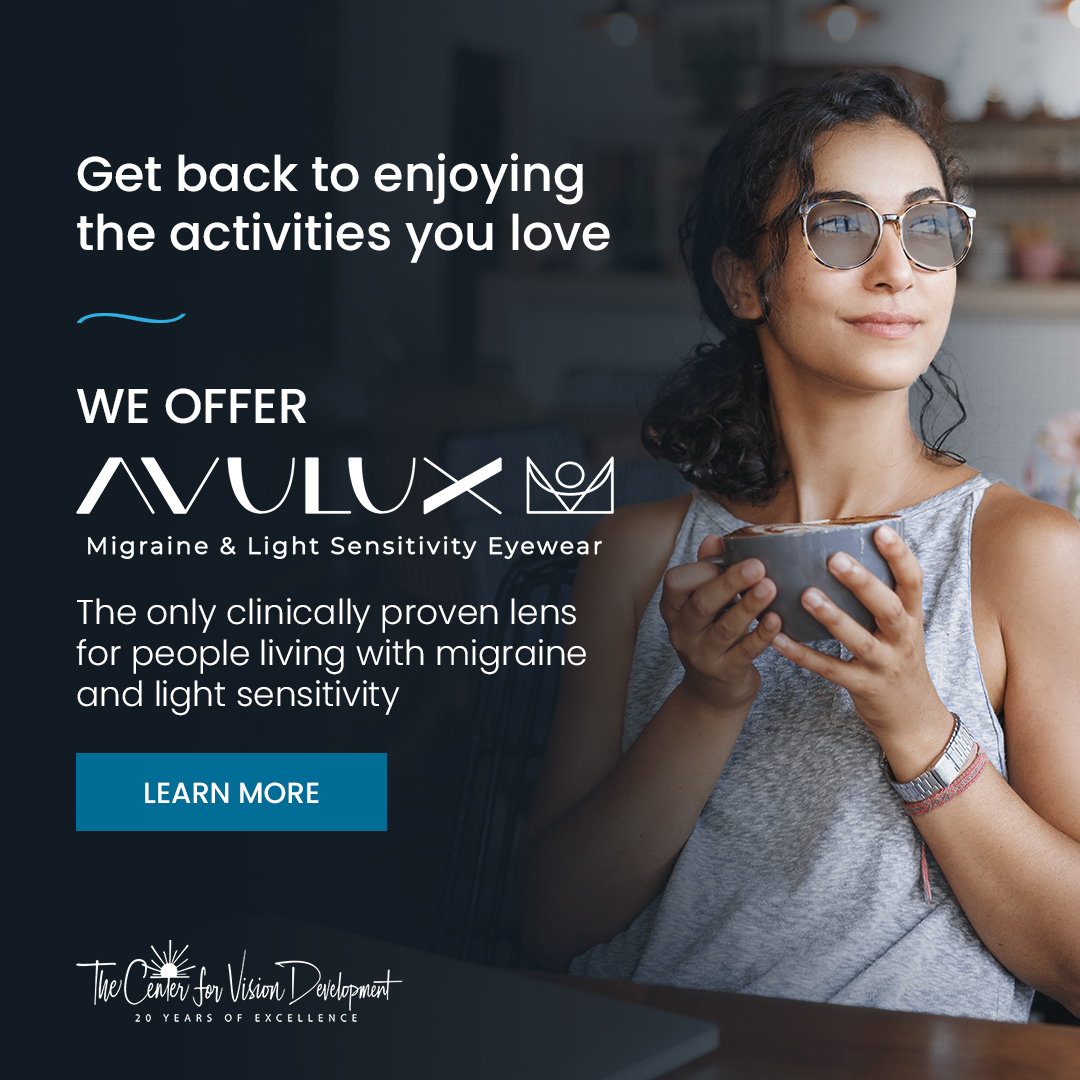
A concussion doesn’t just impact your brain. It can also interfere with how your eyes function and how your brain processes visual information. Many people experience vision problems after a head injury, such as difficulty focusing, eye strain, or sensitivity to light. Unfortunately, these symptoms often go unrecognized or untreated. Understanding the connection between concussions and visual dysfunction is an important first step toward receiving the right care and achieving a full recovery.
How a Concussion Can Impact Vision
The brain and visual system are deeply interconnected, so when the brain suffers an injury, it can interfere with the way visual information is processed. This type of disruption is known as post-traumatic vision syndrome and can affect people of all ages, especially children and athletes.
Some of the most common vision-related symptoms following a concussion include:
• Blurry or double vision
• Sensitivity to light
• Headaches during visual tasks like reading
• Trouble tracking moving objects
• Reduced depth perception
• Eye strain or visual fatigue
These symptoms are often misdiagnosed or dismissed as unrelated, which can delay proper treatment and slow the recovery process.
How Are Post-Concussion Vision Issues Treated?
Neuro vision rehabilitation focuses on retraining the brain and eyes to work together effectively. The process begins with a comprehensive neuro-optometric assessment to evaluate how the concussion has impacted visual function. This specialized evaluation helps identify specific deficits and guides the development of a personalized treatment plan.
At The Center for Vision Development, our neuro-optometric approach supports patients in regaining the visual skills disrupted by a concussion.
Neuro vision rehabilitation may include:
• Customized vision therapy exercises
• Specialized lenses or prism glasses
• Techniques to improve eye tracking, focusing, and coordination
Each treatment plan is carefully tailored to the patient’s individual needs and rate of recovery. With professional support and targeted therapy, many patients experience significant improvement in both their visual symptoms and overall quality of life.
Leaving concussion-related vision problems untreated can significantly impact your daily functioning, academic or work performance, and overall recovery. The earlier you seek a proper evaluation, the better the chances for successful rehabilitation.
Take the Next Step at The Center for Vision Development
Vision problems after a concussion can interfere with daily life, hinder recovery, and go unnoticed without the right evaluation. If you or a loved one is experiencing visual symptoms following a head injury, it’s important not to overlook them. With proper assessment and treatment through neuro vision rehabilitation, healing is possible.
Contact The Center for Vision Development to schedule a neuro-optometric evaluation and begin your path toward clearer, more comfortable vision and lasting recovery from concussion-related vision problems. Visit our primary location in Annapolis, Maryland, or call (410) 268-4393 to book an appointment today.











